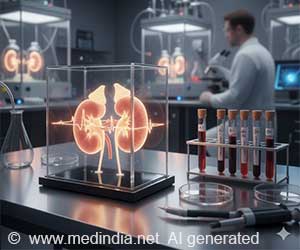Surveys show that 90% of the UK population support organ donation, yet only 23% have registered their wish to donate.
The supply of organ donors cannot keep up with demand. Two experts in this week’s BMJ debate whether presumed consent – assuming people want to donate unless there is evidence to the contrary – is the answer.
Surveys show that 90% of the UK population support organ donation, yet only 23% have registered their wish to donate, writes Veronica English, Deputy Head of Medical Ethics at the British Medical Association.Research indicates that countries with presumed consent have 25-30% higher donation rates than those with informed consent. So by changing the default position to presumed consent we can help save and transform more lives whilst respecting the wishes of those who want to donate and protecting the rights of those who do not, she says.
Spain has a presumed consent system which portrays a positive attitude towards donation, together with major financial investment and good organization. It also has the highest recorded donor rate in the world, at 35.1 donors per million population, compared with 12.8 in the UK.
“We cannot afford to wait another five years before beginning to consider alternatives because the longer we procrastinate the more lives are lost unnecessarily,” she warns. “Now is the time for a public debate about presumed consent.”
But Linda Wright, a Bioethicist at the University of Toronto, believes that no single strategy is likely to solve the organ shortage.
She points out that donation rates vary even between countries that practice presumed consent and suggests that presumed consent will not work unless it is accompanied by the necessary equipment, trained personnel and intensive care beds.
Finally, meeting the demand for organs may require not only increasing organ supply but also optimizing disease prevention and recipient selection, she adds.
Source-BMJ
SRM/V
 MEDINDIA
MEDINDIA
 Email
Email





